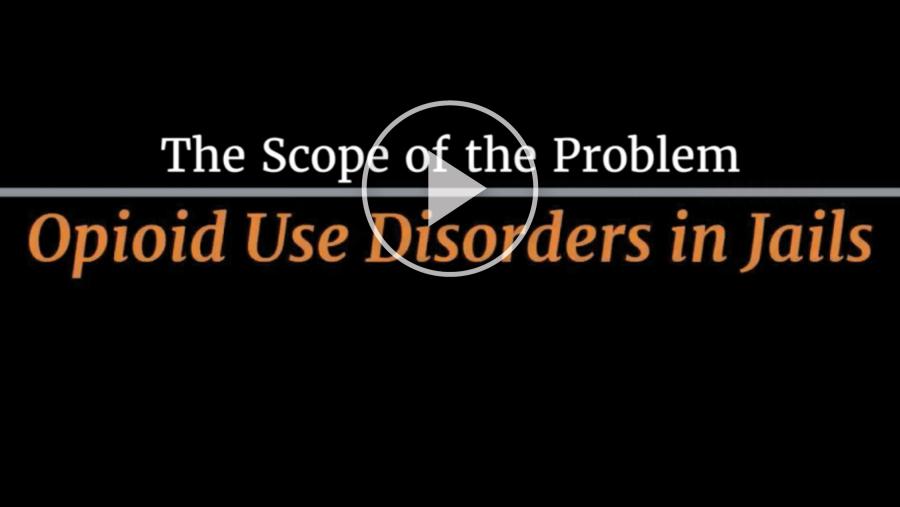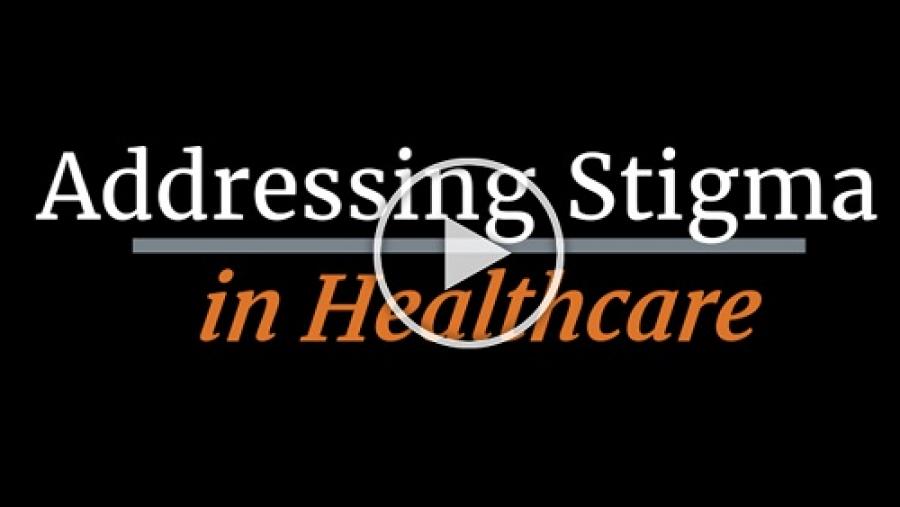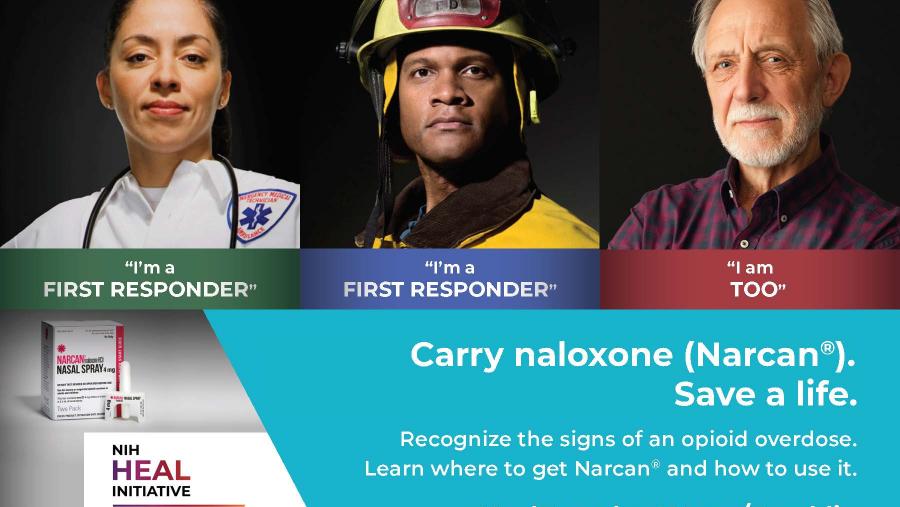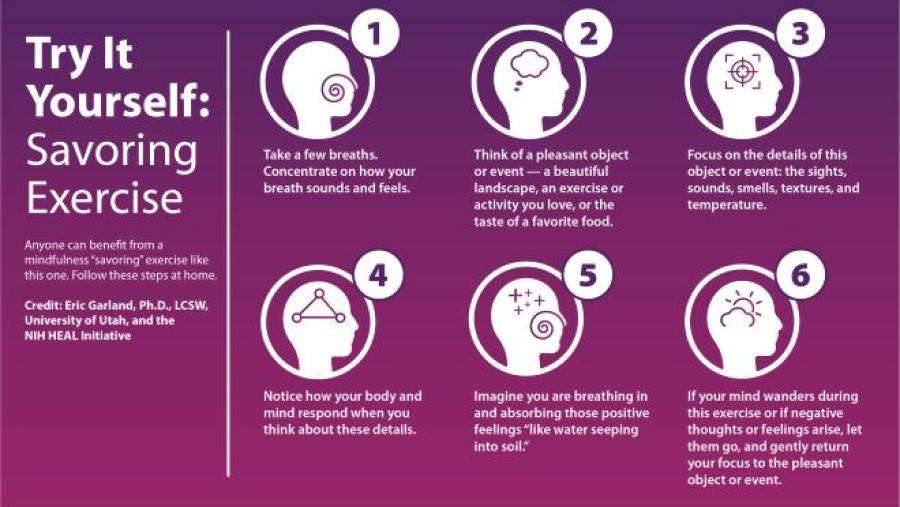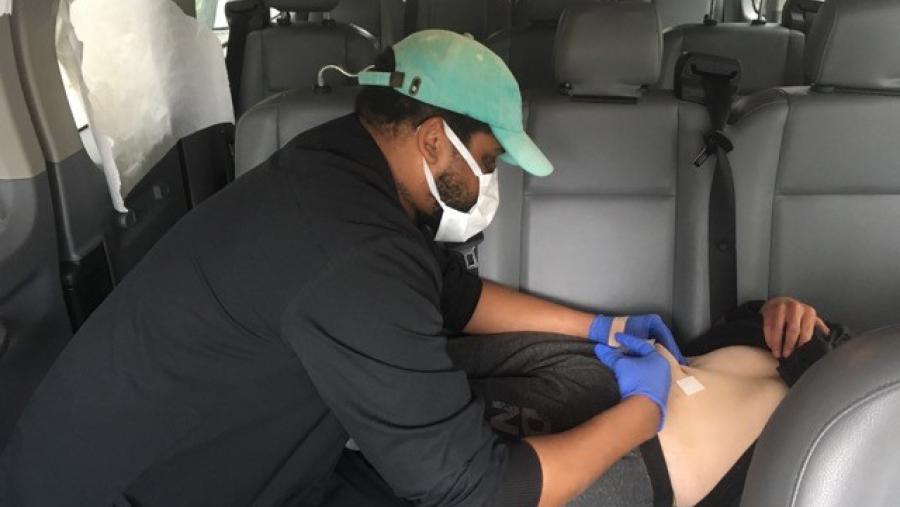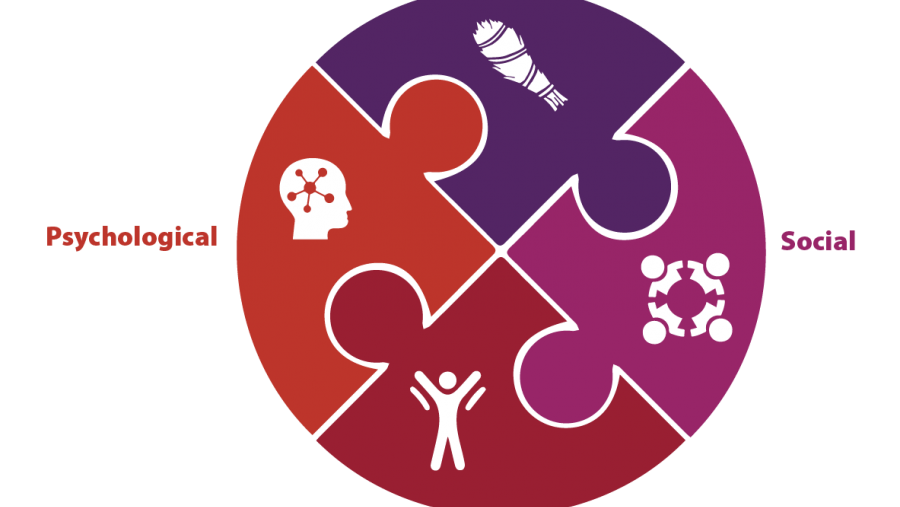Overview
There are multiple effective evidence-based treatments and programs for opioid use disorder. Most Americans at risk for or who have this condition, however, do not receive treatment. At the same time, opioid overdoses are increasingly deadly across the nation. To better understand how promising, evidence-based strategies and treatments might help more people with opioid use disorder, the Helping to End Addiction Long-term® Initiative, or NIH HEAL Initiative®, supports implementation research to test the integration of evidence-based interventions in various community settings.
Open Funding Opportunities
There are no Open Funding Opportunities at this time.Research Programs
In collaboration with the Substance Abuse and Mental Health Services Administration, the Behavioral Research to Improve Medication-Based Treatment program is studying whether combining behavioral interventions with medication-based treatment for opioid use disorder improves health outcomes for patients with the condition. Behavioral interventions such as mindfulness meditation, cognitive behavioral therapy, and multidisciplinary rehabilitation are being evaluated as ways to increase adherence to medication-based treatment, reduce relapse, and improve health outcomes.
The Continuum of Care in Hospitalized Patients with Opioid Use Disorder and Infectious Complications of Drug Use (CHOICE) program will evaluate patients hospitalized with an infectious complication of injection drug use and identify and understand gaps in care that arise across the continuum of care. The program will develop an informed intervention to eliminate barriers and improve health outcomes in this population.
Expansion of the National Drug Abuse Treatment Clinical Trials Network (CTN) is addressing emergent needs presented by the nation’s opioid and overdose crisis. The CTN integrates new opioid-related research questions into clinical studies related to substance use that are currently underway, expedites new studies in general medical and other settings, and enhances clinical and research training opportunities.
In support of the Administration’s focus on preventing overdose deaths, HEAL established the Research on Interventions for Stability & Engagement (RISE) program, a network of research projects to study strategies to prevent overdose and other negative outcomes associated with drug use. Research conducted through this network is evaluating the effectiveness, implementation, and impact of existing and new approaches.
The HEALing Communities Study (HCS) was the largest addiction prevention and treatment implementation study ever conducted. Launched in 2019, the HEALing Communities Study is the largest addiction prevention and treatment implementation study ever conducted and took place in 67 communities in Kentucky, Massachusetts, New York, and Ohio – four states that have been hard hit by the opioid crisis. Findings will help establish best practices for integrating prevention and treatment strategies that can be adapted by communities nationwide.
In recent years, the proportion of opioid-related deaths involving co-occurring use of other substances has increased significantly. The Improving Delivery of Healthcare Services for Polysubstance Use program will support research to enhance understanding of why and how polysubstance use occurs and how it can be prevented. By assessing the treatment and recovery needs of people with polysubstance use, this research aims to address how best to meet these needs.
The Justice Community Overdose Innovation Network (JCOIN) aims to enhance quality care for opioid misuse and opioid use disorder in criminal justice-involved populations. JCOIN creates partnerships between local and state justice systems and community-based treatment providers. Its research findings are addressing the critical need to improve the quality of opioid use disorder treatment in the U.S. justice system.
The Native Collective Research Effort to Enhance Wellness (N CREW) program will co-construct and establish a novel way to partner with Tribes and Native American Serving Organizations to learn, understand, and meet the research needs of Native Americans, in direct response to priorities identified in Tribal Consultations and listening sessions. In partnership with NIH and other organizations, the N CREW program is a multi-component program using a variety of funding mechanisms, which may include Other Transactions, Cooperative Agreements, Contracts, and/or Grants over the course of the program.
Interventions to prevent and treat opioid use disorder and overdose are only useful if they work effectively in real-world settings. The Optimizing the Quality, Reach, and Impact of Addiction Services program supports action-oriented projects that accelerate research to practice translation, expanding care access and quality of care for all people with a substance use disorder. The program also includes research to support well-being among health and mental health care providers working with people with substance use disorders.
The Recovery Research Networks program focuses on developing multi-stakeholder networks (researchers, payors, providers, people in recovery) to support the development of infrastructure to advance the science of long-term recovery. Five projects form the Consortium on Addiction Recovery Science (CoARS). Collectively, these projects are developing resources to support recovery research centered around community-based recovery centers, justice-involved youth, family-based recovery, recovery in rural settings, and integrated networks of care.
 U.S. Department of Health & Human Services
U.S. Department of Health & Human Services


